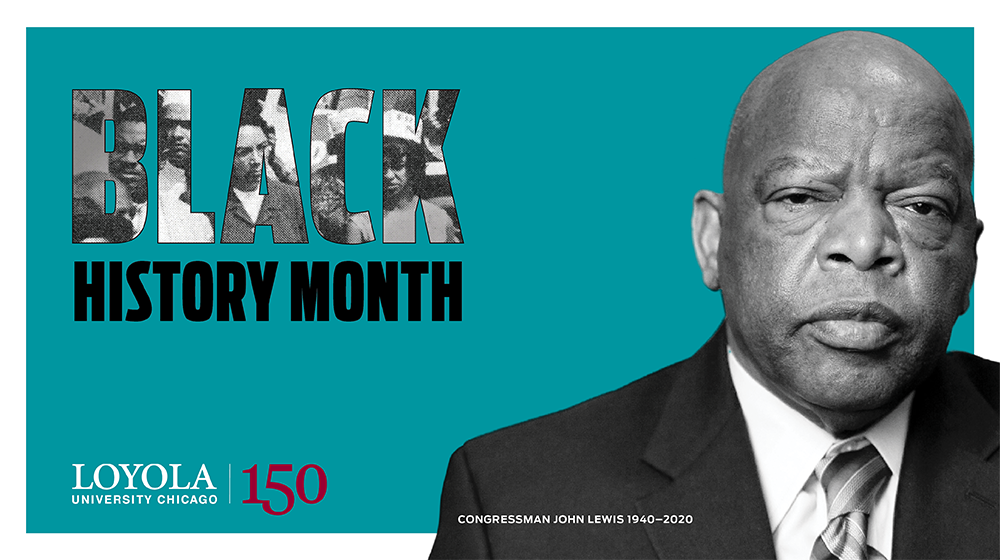Description
Dr. Colin Holman's Bio:
Dr. Colin Holman maintains an active professional career in Chicago where he divides his energies between conducting and musicology.
Dr. Holman's extensive conducting credits include work in opera and musical theatre, with orchestras and concert bands, and in early music. His conducting has taken him to twenty of the United States, to Canada, the United Kingdom, Denmark, Germany, Holland, Belgium, and New Zealand. Since moving to Chicago, he has conducted many of the orchestras in the area, including a tenure with the Fox Valley Symphony Orchestra and guest appointments with the Wheaton College Symphony Orchestra, the Elgin Symphony Orchestra, the Harper Symphony Orchestra, the West Suburban Symphony Orchestra, and the Chicago Virtuosi.
Dr. Holman has lectured at both the undergraduate and graduate level at Northwestern University, Northern Illinois University, Wheaton College, and North Park University. He has published diverse materials on early eighteenth-century American keyboard music, sixteenth-century English choral music, Martin Luther, and the American brass band. He is currently writing a book on the history of the cantata.
Dr. Holman began his tenure as Symphony Orchestra Director at Loyola University in the Fall of 2007.
Abstract:
This presentation will, through spoken word and musical examples, trace aspects of the late nineteenth-century inferiority complex in American Classical music (something we might argue has never ever really gone away) and pursue how European influence and social uplift produced a burst of artistic activity in the early twentieth century from African-American Classical composers (including William Dawson, Florence Price and William Grant Still), a movement that some may point out has yet to fully be sustained from its initial promise. Reference for perspective will also be made to composer Francis B. Johnson; the pianist “Blind” Tom Wiggins and the violinist Joseph Douglass.
The focus of this session is, however, on the African-American cultural product from an Anglo-Saxon viewpoint as exhibited through the life and music of Samuel Coleridge-Taylor. Coleridge-Taylor’s developing career will be traced during his formative years in England, his provincial growth and search for cultural identity, the exoticism of his music, the influence of his visits to the United States and the parallels of his life with the poet Paul Laurence Dunbar. In Coleridge-Taylor artistic contributions, text, language, and gaze within both the colonial and the enslavement enterprise converge in art music as a reconfiguration of gentility to activist pride.
Creative Commons License

This work is licensed under a Creative Commons Attribution-Noncommercial-No Derivative Works 3.0 License.
The Mask of the African Mahler: Embracing the Black Past of American Classical Music
Dr. Colin Holman's Bio:
Dr. Colin Holman maintains an active professional career in Chicago where he divides his energies between conducting and musicology.
Dr. Holman's extensive conducting credits include work in opera and musical theatre, with orchestras and concert bands, and in early music. His conducting has taken him to twenty of the United States, to Canada, the United Kingdom, Denmark, Germany, Holland, Belgium, and New Zealand. Since moving to Chicago, he has conducted many of the orchestras in the area, including a tenure with the Fox Valley Symphony Orchestra and guest appointments with the Wheaton College Symphony Orchestra, the Elgin Symphony Orchestra, the Harper Symphony Orchestra, the West Suburban Symphony Orchestra, and the Chicago Virtuosi.
Dr. Holman has lectured at both the undergraduate and graduate level at Northwestern University, Northern Illinois University, Wheaton College, and North Park University. He has published diverse materials on early eighteenth-century American keyboard music, sixteenth-century English choral music, Martin Luther, and the American brass band. He is currently writing a book on the history of the cantata.
Dr. Holman began his tenure as Symphony Orchestra Director at Loyola University in the Fall of 2007.
Abstract:
This presentation will, through spoken word and musical examples, trace aspects of the late nineteenth-century inferiority complex in American Classical music (something we might argue has never ever really gone away) and pursue how European influence and social uplift produced a burst of artistic activity in the early twentieth century from African-American Classical composers (including William Dawson, Florence Price and William Grant Still), a movement that some may point out has yet to fully be sustained from its initial promise. Reference for perspective will also be made to composer Francis B. Johnson; the pianist “Blind” Tom Wiggins and the violinist Joseph Douglass.
The focus of this session is, however, on the African-American cultural product from an Anglo-Saxon viewpoint as exhibited through the life and music of Samuel Coleridge-Taylor. Coleridge-Taylor’s developing career will be traced during his formative years in England, his provincial growth and search for cultural identity, the exoticism of his music, the influence of his visits to the United States and the parallels of his life with the poet Paul Laurence Dunbar. In Coleridge-Taylor artistic contributions, text, language, and gaze within both the colonial and the enslavement enterprise converge in art music as a reconfiguration of gentility to activist pride.




Comments
Lincoln Memorial Concert | Voice of Freedom | American Experience | PBS - YouTube